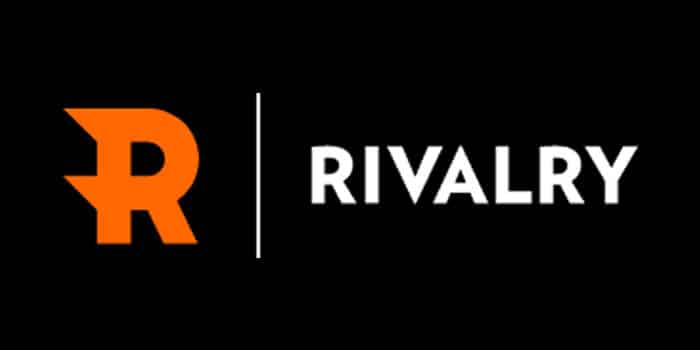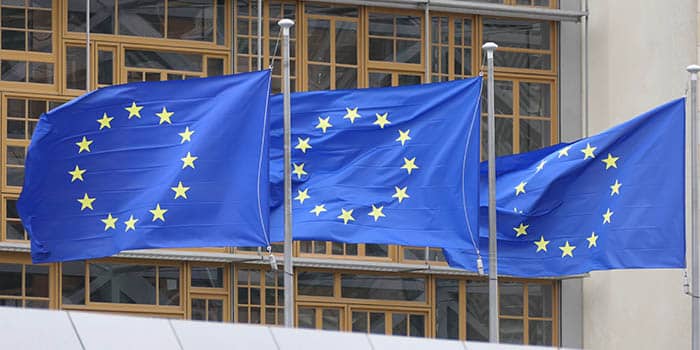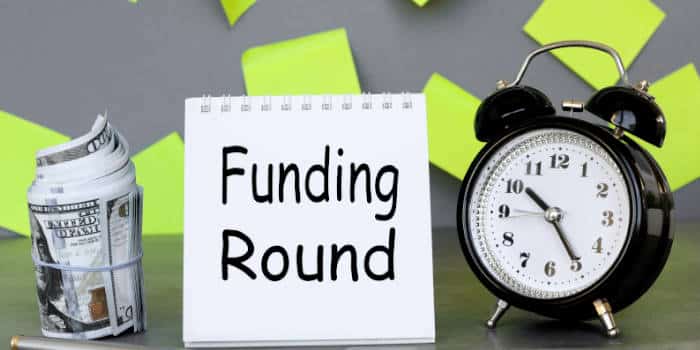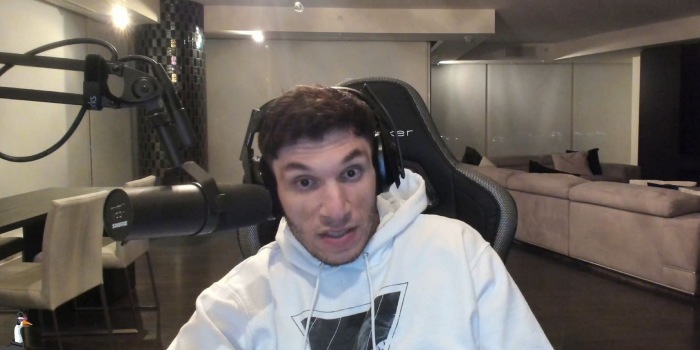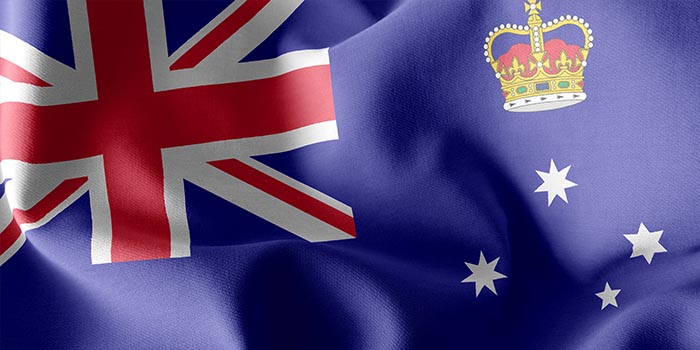- Casino
- By State
- Alabama
- Alaska
- Arizona
- Arkansas
- California
- Colorado
- Connecticut
- Delaware
- Georgia
- Florida
- Hawaii
- Idaho
- Illinois
- Indiana
- Iowa
- Kansas
- Kentucky
- Louisiana
- Maine
- Massachusetts
- Maryland
- Michigan
- Minnesota
- Mississippi
- Missouri
- Montana
- Nebraska
- Nevada
- New Hampshire
- New Jersey
- New Mexico
- New York
- North Carolina
- North Dakota
- Ohio
- Oklahoma
- Oregon
- Pennsylvania
- Rhode Island
- South Carolina
- South Dakota
- Tennessee
- Texas
- Utah
- Vermont
- Virginia
- Washington
- West Virginia
- Wisconsin
- Wyoming
- By State
- Slots
- Poker
- Sports
- Esports
Fact-checked by Velimir Velichkov
WHO Proposes Gambling Ads Ban, Says Stricter Regulation is Needed
“Voluntary systems have poor uptake and are non-enforceable,” the WHO said

The World Health Organization (WHO) has expressed skepticism about the effectiveness of safer gambling measures, promoting stronger solutions instead. The organization highlighted the serious societal dangers gambling poses and urged jurisdictions to adopt a more resolute approach.
Stricter Measures Are Needed, the WHO Says
The WHO slammed the gambling industry’s safer gambling measures, saying that operators’ philosophy wrongly labels players as the problem. Considering that many of the safer gambling tools are optional, they have proved suboptimal when it comes to actually protecting the most vulnerable of players.
While the WHO said that it approves of certain measures, such as loss limits, maximum bet sizes and self-exclusion, it emphasized that the use of such solutions must be made mandatory under pre-commitment systems.
Another major proposal was a crackdown on gambling ads, sponsorships and promotions, which the WHO called a first step in tackling a broader issue. According to the organization, the rampant promotion of games of chance exacerbates the already significant issue, exposing vulnerable groups to harm.
WHO officials pointed to data that claims approximately 60% of the gambling industry’s revenue comes from players with gambling problems, who make up 1.2% of the adult population worldwide. While this disproportionate spending shows that vulnerable players are exposed to significant financial risks, the WHO noted that this is not the only problem. According to the organization, gambling-related harms are often associated with or could lead to mental illness, family violence and even suicidal tendencies.
To make matters worse, gambling shops are often concentrated in poorer areas, the WHO pointed out.
Gambling Advocates Are Overselling the Economic Benefits
In its statement, the WHO critiqued the pro-gambling advocates who oversell the industry’s economic benefits while underplaying its negative effects. In addition to being potentially harmful to the consumer, gambling could also create a financial economic dependency that discourages serious regulation.
The WHO highlighted the fact that the gambling industry’s intense lobbying efforts have been rather successful in preventing more drastic regulations in many markets. Additionally, the organization alleged that the gambling harm research sector has likewise been influenced by gambling industry funding.
The UK, for example, has been trying to fix that by implementing a research, education and treatment levy that would replace the current system whereby operators would voluntarily donate money to the charity sector.
In any case, the WHO admitted that gambling regulation varies vastly across different markets. However, the organization reiterated its belief that universal measures such as stopping advertising and promotion, and introducing better harm prevention methods.
WHO acknowledges the need for Member States to closely monitor and effectively regulate gambling operations, products and activities. This should include reducing stigma and shame related to gambling, ending advertising and promotion, and a focus on other upstream efforts to prevent and reduce gambling harm.
WHO statement
The WHO expressed its intention to research the matter, develop new diagnostic tools and document the best practices in regulation.
While the WHO’s concerns are widespread, industry proponents have suggested that tougher regulations may not be as effective as some expect since they will just push players toward the black market.
Related Topics:
Angel has a passion for all forms of writing, be it fiction or nonfiction. His curious nature gives him an ace up his sleeve when researching a new topic. Angel’s thirst for knowledge, paired with adaptability, always helps him find his way around.
Previous Article

Industry
December 3, 2024
NSW Gambling Overhaul Faces Backlash over Questionable Research

Must Read
More Articles


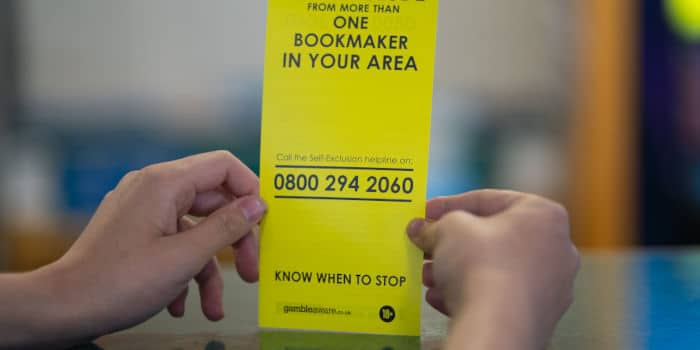
Industry
July 14, 2025
GambleAware Launches Milestone Self-Awareness App

Industry
July 6, 2025
Macau Contemplates Axing Gambling Ads




